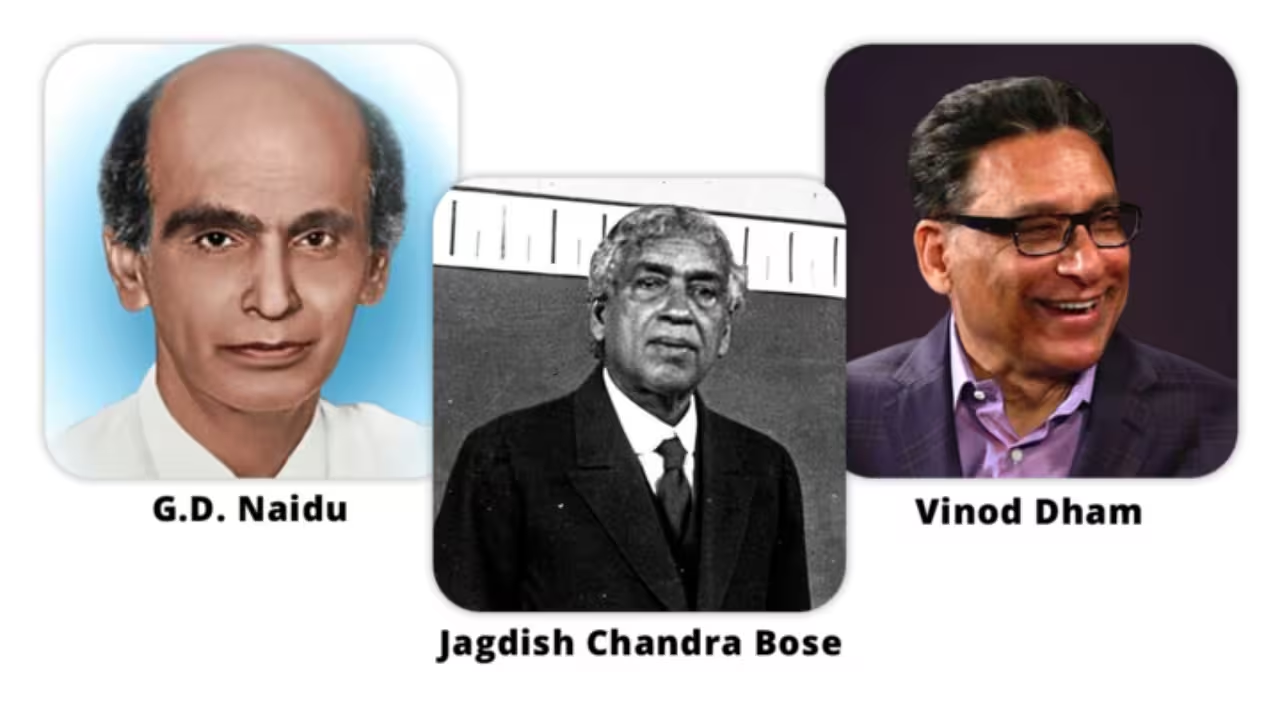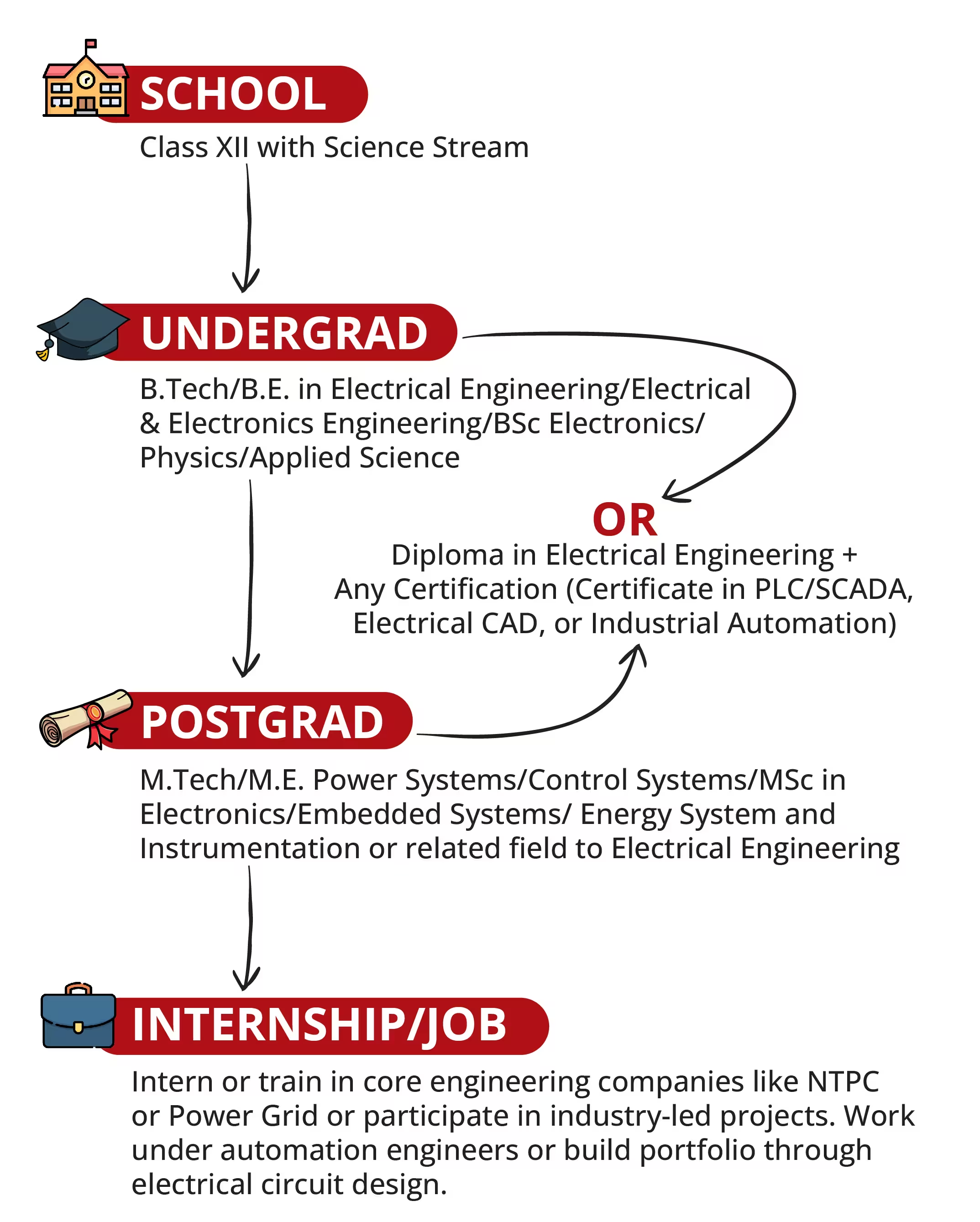

Electrical Engineering is a dynamic branch of engineering that deals with the design of systems and devices which require the use of electricity, electronics and electromagnetism. It plays a crucial role in powering the modern world—in reality and figuratively.
Famously known electrical engineers who contributed well to power innovation
Sir Jagadish Chandra Bose
He was a pioneering electrical engineer who advanced wireless communication through his work on radio waves and microwave optics. His inventions, like the mercury coherer, laid the foundation for modern electromagnetism.
G.D. Naidu
He is known as the "Edison of India," was a self-taught electrical engineer and inventor who built India’s first indigenous electric motor in 1937. He created numerous electric devices and pioneered innovations in transport and agriculture. He also founded India’s first polytechnic college, promoting technical education.
Vinod Dham
He is an electrical engineer by training, and applied his expertise to revolutionize microprocessor design, leading the development of Intel’s Pentium chip and Flash Memory. His strong foundation in electrical engineering powered his success in the semiconductor industry and tech entrepreneurship.

It is the mind behind electric vehicles, renewable energy systems, robotics, and smart devices. The innovation to design and create comes with the backing of electrical engineering. This field merges theory and hands-on skills and requires a strong foundation in physics and mathematics along with creativity and problem-solving abilities. Whether it's generating sustainable energy, building circuits, or automating industrial processes, it offers vast opportunities to solve real-world challenges and drive technological progress.
The field of Electrical Engineering can be pursued in varied ways offering similar results. Both, the ideal and the alternative routes successfully pursuing the career are given below.

Electrical engineering is one of the most chosen branches of engineering being offered by every engineering college. Some of those are listed below.
Electrical Engineering is a vast field in itself and offers many specialisations related to it. Most in demand specializations are listed below.
These certificate courses provide a great way for students and aspiring electrical engineers to gain early exposure to industry-relevant skills and specialized areas, laying a strong foundation for future careers.
Electrical Engineering is not just a technical discipline - it’s a stronger force driving innovation and sustainable development. This field offers numerous opportunities in fields like electrifying transportation, automating industries, or developing renewable energy solutions.
With multiple qualification routes, specializations, and skill-building opportunities, students can confidently pursue this field aligned with their strengths and interests. Early exposure through certifications and internships can further sharpen their edge in a competitive world.

Q. What is the most essential skill required by an electrical engineer ?
Ans. Analytical skills hold an important place in the list of crucial skills. It is important to have analytical skills for pursuing electrical engineering. It’s key to designing, testing, and troubleshooting electrical systems with precision.
Q. Which companies hire electrical engineers in India ?
Ans. Top companies hiring electrical engineers in India, include L&T, BHEL, Power Grid, Tata Consulting Engineers, Wipro, Accenture, Qualcomm, and Havells, offering roles in power, electronics, automation, and R&D.
Q. How is electrical engineering different from electronics engineering?
Ans. Electrical engineering focuses on larger-scale systems like power generation, transmission, while electronics engineering deals with comparatively smaller components like semiconductors, microprocessors.
Q. What are the disadvantages of being an electrical engineer ?
Ans. Some disadvantages of being an electrical engineer include long working hours, exposure to high-risk environments (in some roles), the need for constant upskilling due to fast-changing technology, and high competition for core industry jobs.
Q. Do electrical engineering need coding skills ?
Ans. Yes, electrical engineering requires basic coding skills, which are helpful especially in automation, embedded systems, and control engineering.